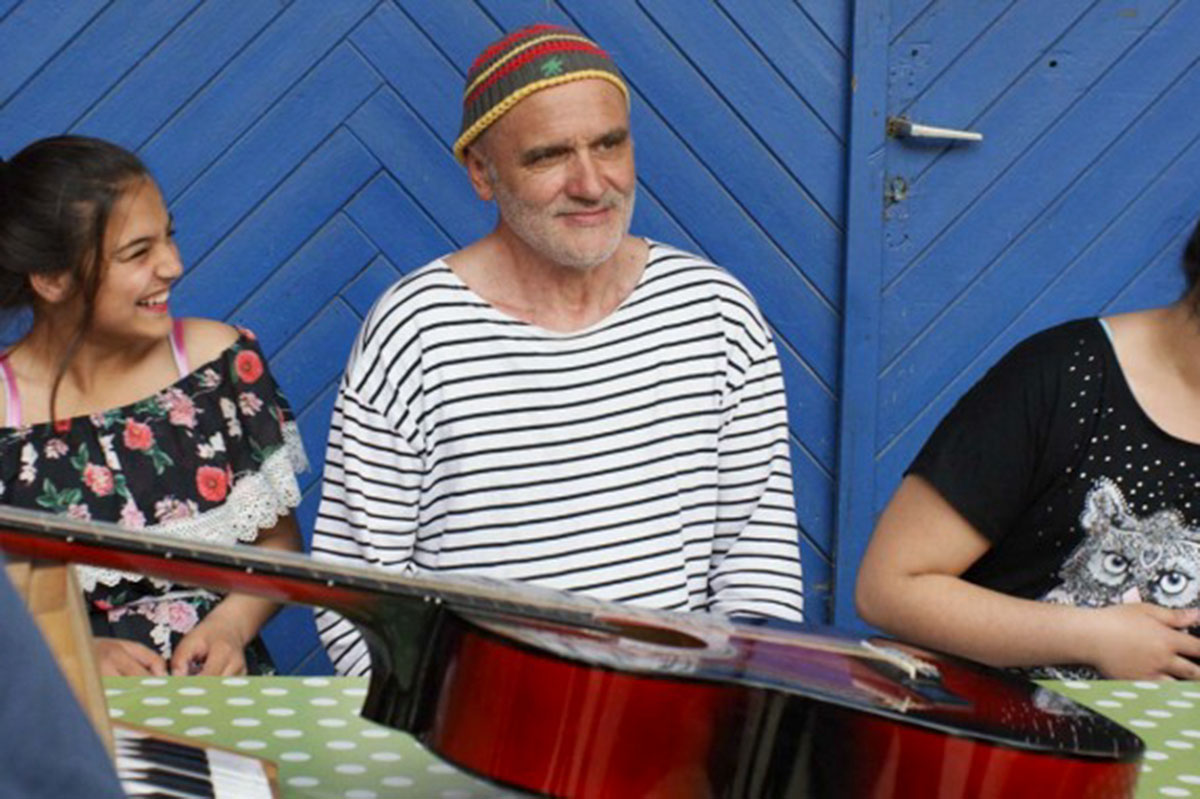
Essential Doc Reads is our curated selection of recent features and important news items about the documentary form and its processes, from around the internet, as well as from the Documentary magazine archive. We hope you enjoy!
In celebration of Black History Month, Farout Magazine’s Calum Russell writes about Marlon Riggs’ revolutionary documentary Tongues Untied.
Whilst experimental, personal filmic essays are often reserved for the artistic expression of private exhibition, there are some that become simply too pertinent that they break free from their own secrecy. Such was the case for Tongues Untied by Marlon Riggs, a film that expresses the filmmaker’s own perspective on the homophobia and racism shown towards gay Black men in the late 1980s and 1990s. Mixing poetry, music and performance, the artist creates a compelling and revealing glimpse into such struggles, well conveying the emotional toll that comes with constantly feeling at odds with the hegemonic status quo.
Over at Filmmaker, Erik Luers interviews filmmaker Daniel Hymanson whose debut feature So Late So Soon, about artists Jackie and Don Seiden, is “simultaneously a gentle portrait of two aging artists and an appreciative look at a bickering but loving couple.”
I’ve wanted to make films since I was very young, although I can’t recall something in particular inspiring that interest. I just remember being 11 or 12 years old and wanting to make movies. I got a little mini-DV camcorder when I was 12 or 13 and made a few documentaries at that age. For whatever reason, I was drawn towards nonfiction. I continued making short films throughout high school, then went to Wesleyan for film studies. After that, I knew I wanted to make a long-form nonfiction project and that I wanted to make it with, and about, Jackie Seiden.
Also in Filmmaker is Aaron Hunt’s interview with Payal Kapadia, whose Cannes-winning A Night of Knowing Nothing is embarking on a US tour.
I think nostalgia is always associated with something “good,” but the past isn’t actually so. We wanted to generate that feeling associated with nostalgia but for the times that we inhabit. I think we have a lot of affection for this time that we got to be with our friends, to form a community and a new family. But there was a lot of hardship too. I think many of us who studied at public universities in India owe them a lot for who we have become. Of course, there are contradictions here too, with a lot of problems within the community. And those have to be addressed.
POV’s Pat Mullen interviews filmmaker Jono McLeod and actor Alan Cumming, whose film My Old School premiered at Sundance earlier this year.
It would’ve been my first feature, but I’d directed a couple of shorts before and a couple of features since then. Sometimes I don’t think it’s great for actors to direct themselves, but if the character is so integral to the main thrust of the plot, then it makes sense to have the same person do both if they can. That’s what I felt about that film, I think, and I was young enough that I could be the same age that Brandon was.
For MUBI Notebook, director Maria Speth writes about her film Mr. Bachmann and his Class, which premiered at Berlinale last year, and is now streaming on MUBI in several countries.
A film is like love. My love for Stefi, who can take over the class like a whirlwind, who gives small concerts during the breaks, and sings Bulgarian songs for her classmates. Full of joie de vivre. My love for the sadness in Hasan's eyes. For the spontaneous expressions of happiness from Cengiz. In the middle of the lesson, he calls out to the class: "Mr. Bachmann, I love my class." Every single one of them is someone very special.
Hyperallergic’s Dan Schindel speaks to filmmakers Traci Curry and Stanley Nelson about their film Attica, which is now available to stream on Showtime.
One decision we made very quickly was that the story would end at the massacre. We were contracted to do a two-hour film. If we had the money to do a miniseries, we could have gone on and on. It was about the time we had, the time the story is contained in. I don’t look at it as the prisoners’ story; it’s the story of the rebellion.
From the Archive, November 2021: “Doc Star of the Month: Al Victory, 'Attica'”
It was a war zone for real. The trouble is that the only ones that had the guns and the ammunition were the Nazis on the wall, shooting at unarmed people who were desperately trying to make their lives a little bit better. Just trying to shape some humanity before they wiped it out of all of us. That’s what we were trying to do, even prior to any of this, to the rebellion. It was only when they refused to even talk to us, to try to understand what we were living through, that we had no choice.
In The News
Oscars’ Live Telecast Decision Met with Backlash from Academy Members
Berlinale 2022 Announces Winners
Sundance Responds to the Jihad Rehab Issue